Patra, a career central banker since 1985, took over as the deputy governor on January 14, 2020.



Patra, a career central banker since 1985, took over as the deputy governor on January 14, 2020.

On a review, banks are advised to use the ratings of the following domestic credit rating agencies for risk weighting their claims for capital adequacy purposes, including Acuite Ratings & Research Limited (Acuite), Credit Analysis and Research Limited (CARE); CRISIL Ratings Limited and ICRA Limited, RBI said in a notification.
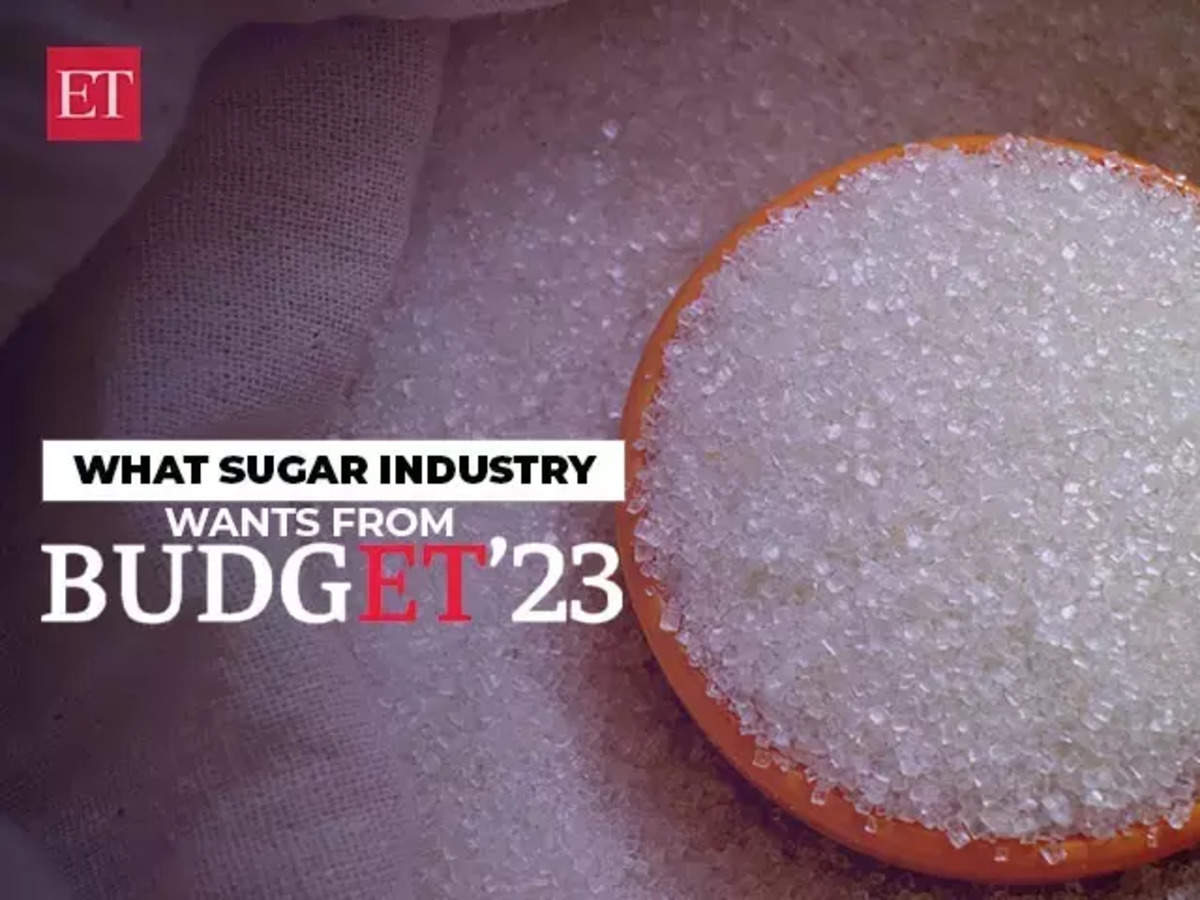
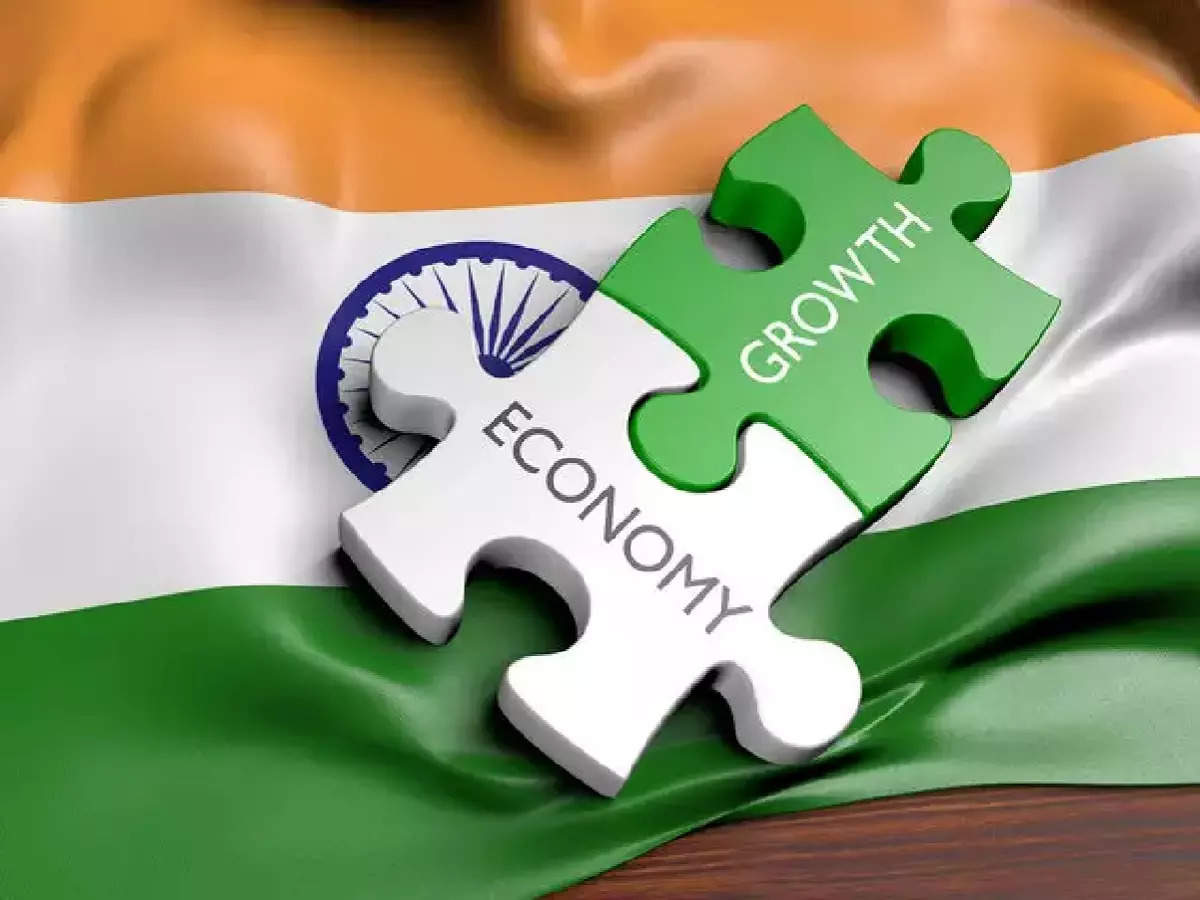
Based on data and studies, the SBI economists said, "... in hindsight, the pandemic may have been a leveller in terms of inequality with the poor getting protected through measures such as food transfers." It said India has delivered a sharp recovery after the pandemic and acknowledged that critics are still quoting it as a K-shaped recovery for India.
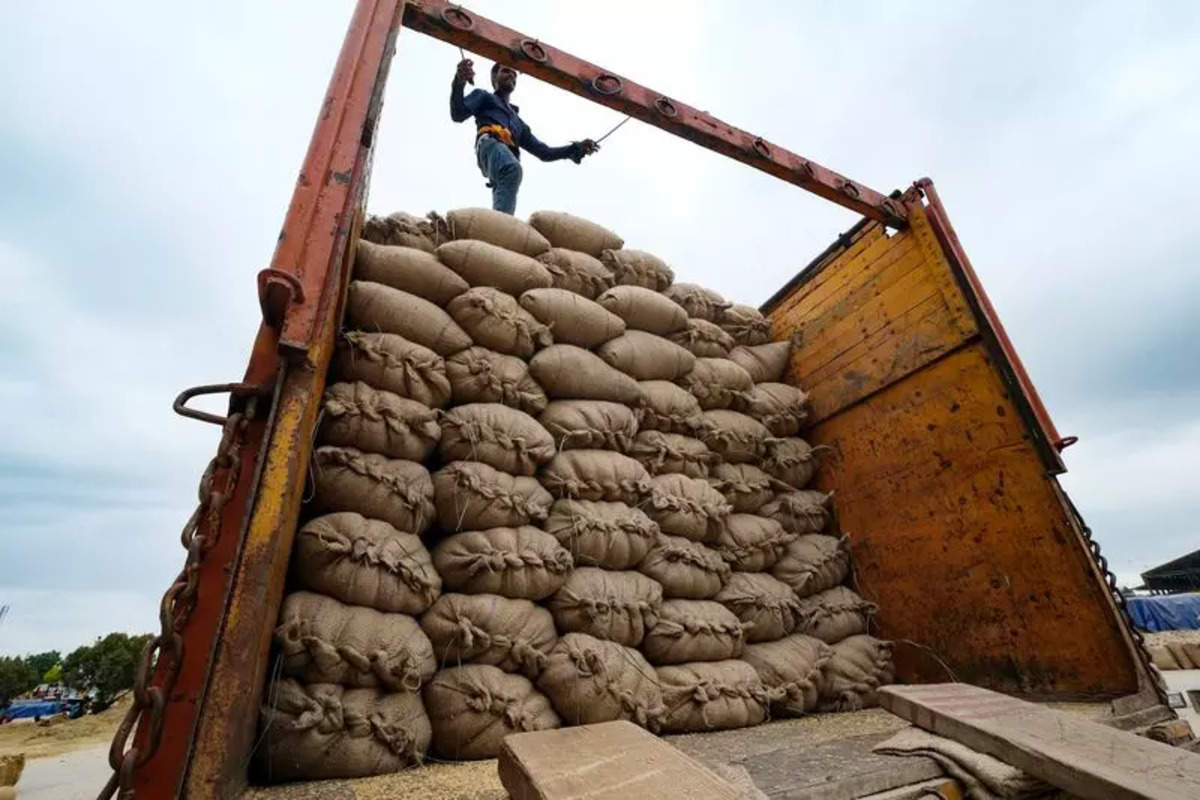
Global food costs ended 2022 roughly where they started despite a year of disruptions from the war in Ukraine and extreme weather. A spokesperson for the food and commerce ministries declined to comment. India imposed a 20% duty on shipments of white and brown rice in September, and banned broken rice sales abroad. The curbs, which apply to about 60% of Indian rice exports, came on top of restrictions on wheat and sugar sales. Rising Global Food Protectionism Risks Worsening Inflation.
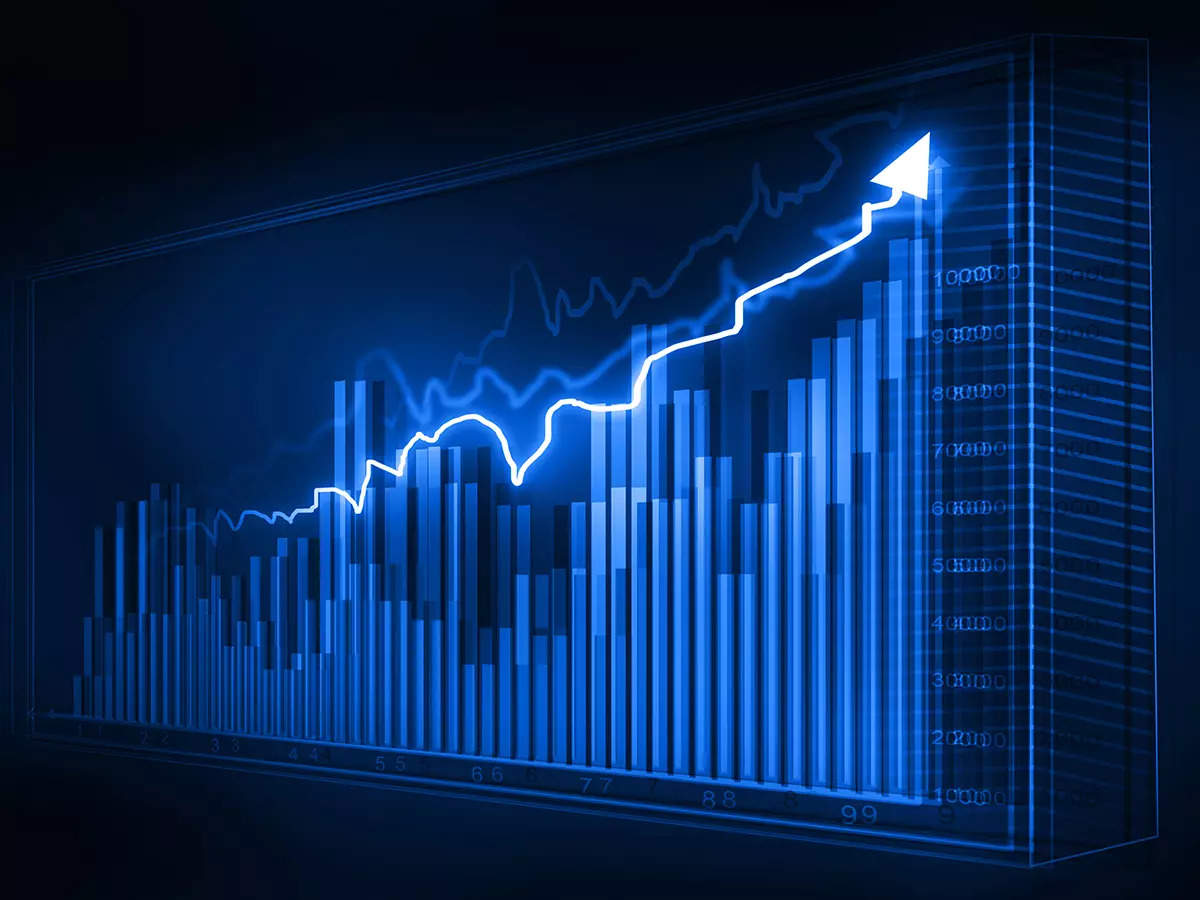
Nominal GDP growth, which includes inflation, is the benchmark used to estimate tax collections in the upcoming budget to be presented on Feb. 1. It is estimated to be around 15.4% for the current financial year.
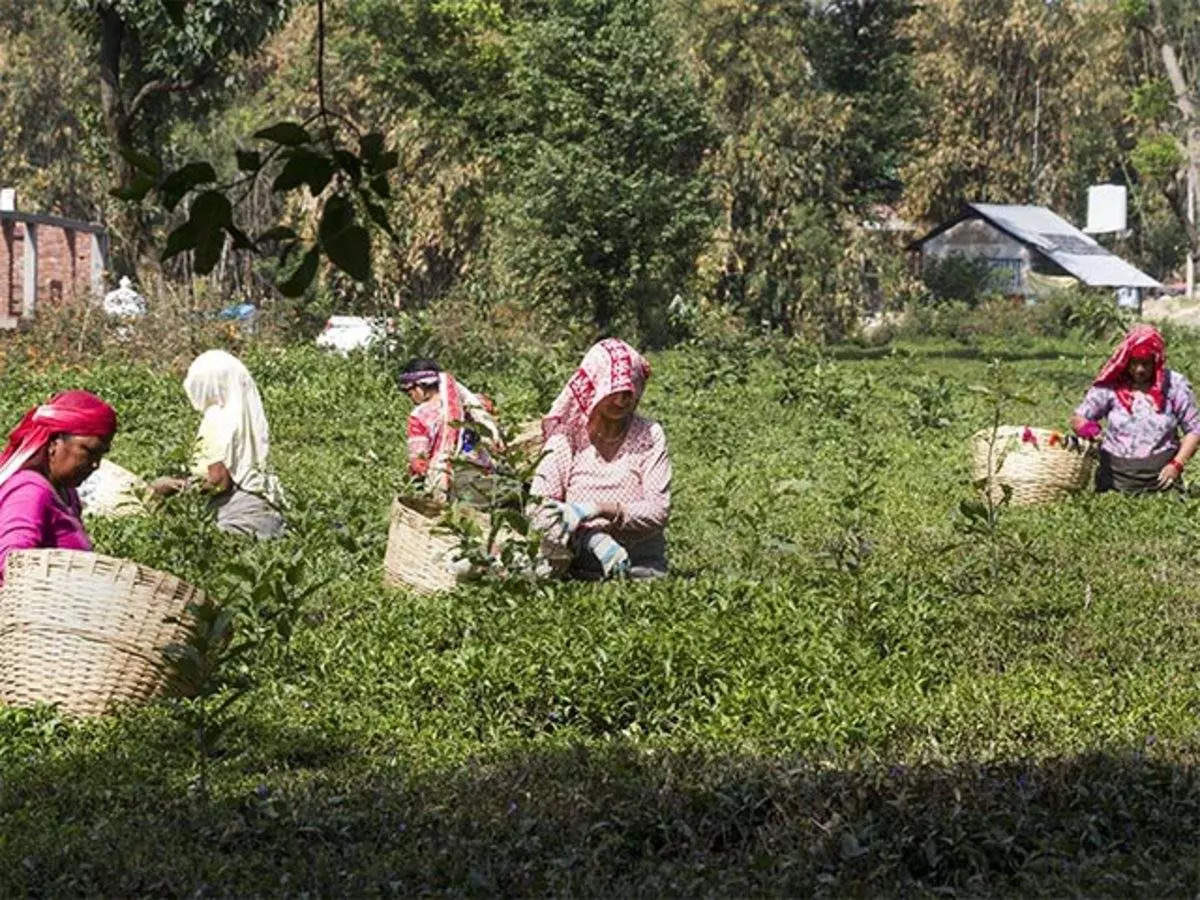
On non-placement of orders from Iran, a major importer of Indian tea, Das said this is unlikely to have any material impact as fresh contracts from the west Asian country are not done during this time of the year and these usually happen during the second or third quarter. Indian tea was able to increase its share in a few countries such as Turkey and Saudi Arabia, which were traditionally buyers of Sri Lankan tea, Kanoria said.
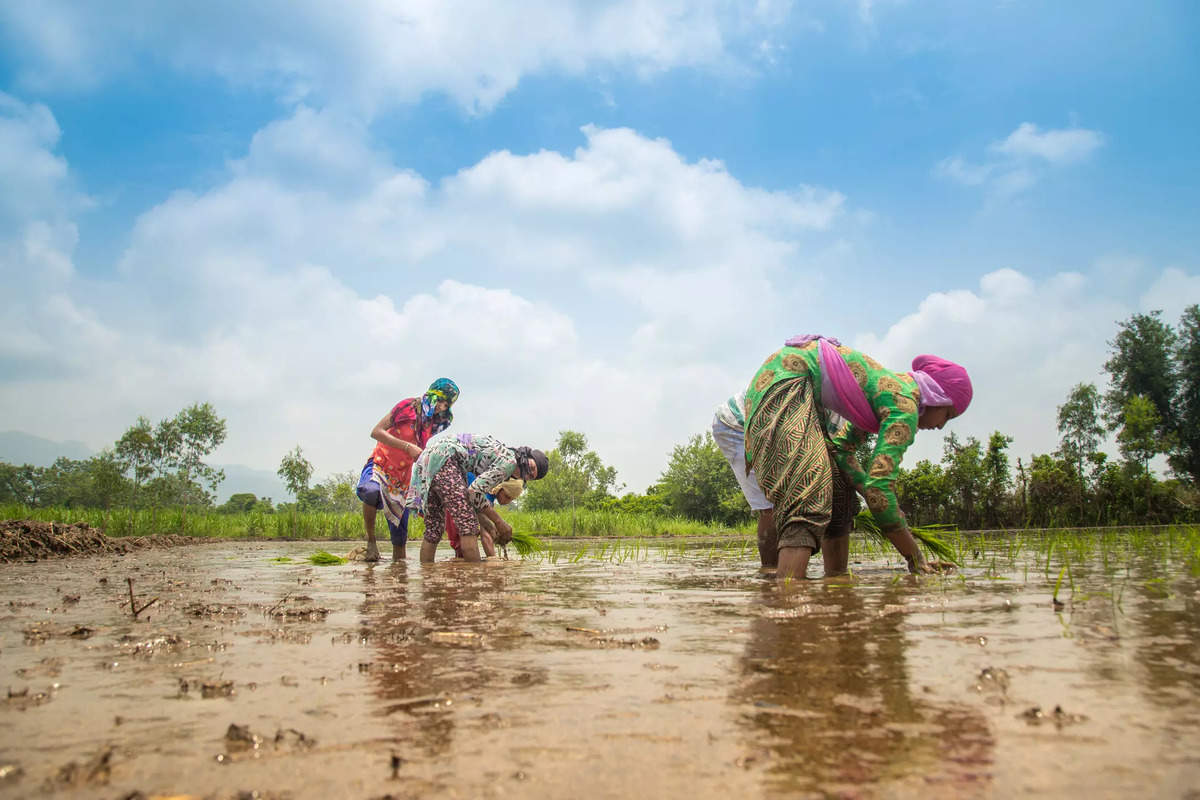
Higher procurement and free distribution of cereals such as wheat and rice have benefitted the poorest of the poor in India, thus helping lower inequality in India, a recent report by the State Bank of India's research team showed. The research also finds that several transfer payments by the Centre for the poor are adding Rs 75,000 to a household per annum.